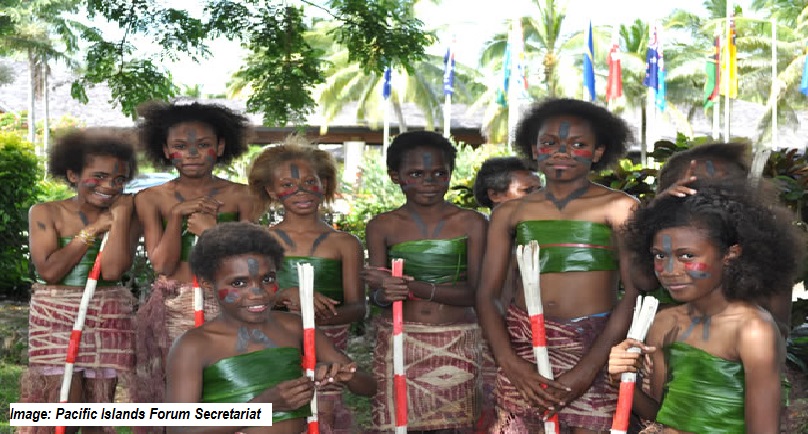Representatives from UN Women, regional organisations and civil society gathered in Suva, Fiji on Monday March 2 to highlight Pacific participation at the 59th Commission on the Status of Women (CSW 59), to be held in New York next week.
The two-week CSW conference is held annually to promote women’s rights and shape global standards on gender equality and women’s empowerment.
PIFS Acting Secretary General, Andie Fong Toy, welcomed the collaboration and coalition between regional organisations, UN agencies and pacific civil society groups.
“The Pacific countries and civil society were part of the making of this global blueprint on gender equality and women’s human rights and as we review the 20 years of implementation of the Platform in the Pacific region, it is important to congratulate members on areas of significant progress including gender parity in education, breaking the silence on violence against women and girls and improved legislation.”
On March 9, representatives of UN member states, civil society organisations and UN entities will come together to celebrate the progress that has been made towards achieving gender equality and what still needs to be done. This year it celebrates the 20th anniversary of the historic Beijing Declaration and Platform for Action.
The Beijing Declaration and Platform for Action was adopted by 189 governments in Beijing in 1995 for the Fourth World Conference on Women and it is still the most progressive blueprint for advancing women’s rights.
It imagines a world where each woman and girl can exercise her freedoms and choices, and realise her rights, including to live free from violence, to go to school, to participate in decisions and to earn equal pay for equal work.
UN Women’s Fiji Multi-Country Office, UNFPA Pacific and the Pacific Islands Forum Secretariat (PIFS) have been working in partnership with the Secretariat of the Pacific Community and the Pacific Beijing +20 Civil Society Steering Committee, which includes representatives from a wide range of non-governmental organisations.
This is to ensure Pacific governments and civil society delegations reflect the diversity of women’s voices in the Pacific, including youth, veteran activists, the LGBT community and women with disabilities.
The conference offers a crucial opportunity to ensure Pacific concerns, issues and solutions are raised on the global stage and incorporated into global development processes. Pacific representatives will not only be attending and taking part in official sessions, but also in a number of side events, several of which focus on telling Pacific stories.
UN Women’s Deputy Representatives and Officer in Charge in Suva, Nicolas Burniat, says CSW 59 is not only an opportunity to reflect on the Beijing Platform for Action, but also to look forward to how the Pacific can influence the creation of a new development roadmap as the Millennium Development Goals expire.
“Twenty years ago member states came together to design a visionary course.
“This year we ask where are we now and where are the gaps? We need to take advantage of the lessons learned from the Millennium Development Goals and make sure what was left out in 2000 is included for 2015 and beyond.
“This must include a stand-alone goal for women’s rights, gender equality and women’s empowerment, as well as the mainstreaming of gender across all the other goals,” he said.
Sharon Bhagwan Rolls, Director of femLINK Pacific, was in Beijing in 1995 and says CSW 59 is an opportunity to amplify the already strong Pacific voice.
“That is the legacy of the Pacific women’s rights movement, which, since the decade of women in the 70s, through the development of the Pacific Platform Action in 1994 have continued to invest in and engage with the Beijing process – from the local to the global and also within our networks especially with the next generation of leaders, young women.”
Miki Wali, one of the youth representatives heading to New York and the first trans-woman from Fiji to attend CSW, will also take part in an intergenerational dialogue being organised by UN Women.
“The youth population is close to half around the globe. We know we will be the critical people in terms of target audience when the Post-2015 sustainable development goals are developed.”


